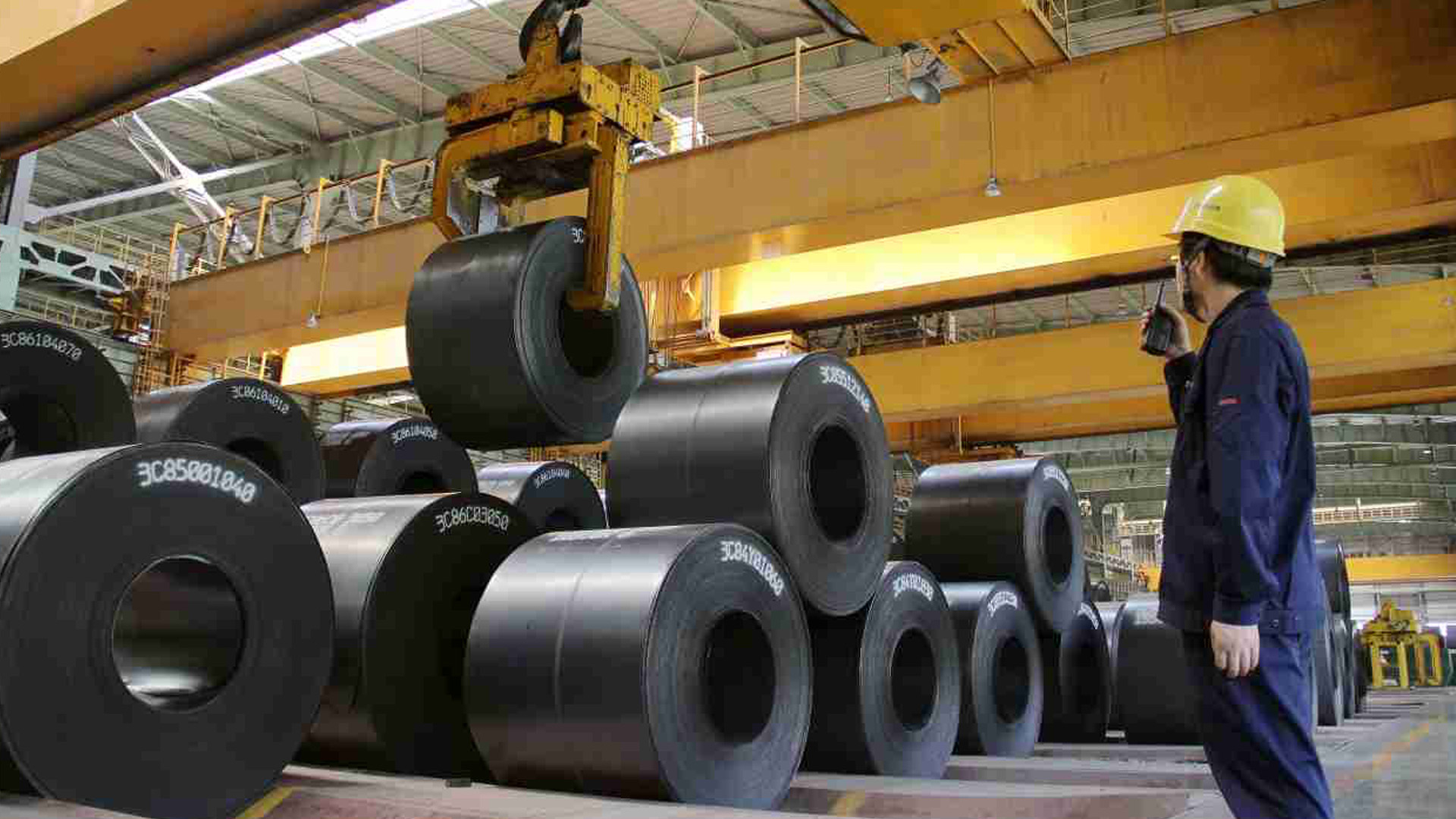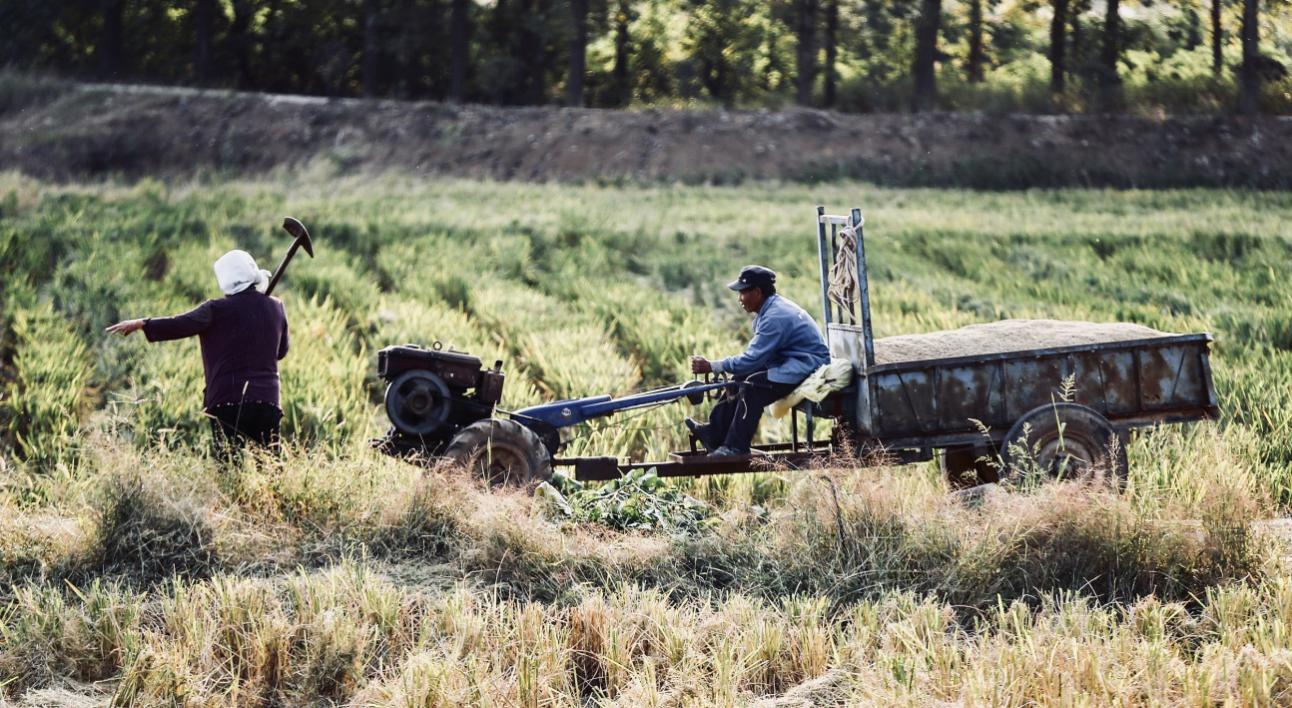
Business
15:22, 26-Oct-2018
40 Years & Counting: Rural reform in the new era
Updated
14:45, 29-Oct-2018
By Closer to China with R.L.Kuhn
01:03

This year marks the 40th anniversary of China's reform and opening-up. The country's GDP per capita grew from 185 US dollars in 1977 to almost 9,000 US dollars in 2018, almost 50 times high, making China the world's second-largest economy.
The development in the last 40 years has been rightly termed as a great economic miracle, but 40 years on, China needs to move even further, as President Xi Jinping calls for comprehensively deepening reform and further opening-up, including two major tasks, rural and state-owned enterprise (SOE) reforms.

Farmers ripening autumn harvest in eastern China's Anhui Province, September 27, 2018. / VCG Photo
Farmers ripening autumn harvest in eastern China's Anhui Province, September 27, 2018. / VCG Photo
Rural reform, regarded as the cradle of reform, began with the "household responsibility system".
Last four decades have witnessed a surge in food production, farmers' income, and a much wider variety of foods on the people's platter.
But now adequate food and clothes are not enough. Deepening reform and increasing standards of living arise new requirements.
The 19th National Congress of the Communist Party of China enumerated five targets for rural areas: Thriving businesses, pleasant living environments, social etiquette and civility, effective governance and prosperity.
State-owned enterprises (SOEs) have long been the pillar of China's economy, but they also remain an area of continuing controversy and a target of criticism.
SOEs have been at the forefront of the difficult and long transition from a central planning economy to a market economy.
It is generally recognized that SOEs should adapt to compete in a fair, orderly, open and competitive market environment rather than depend on special state subsidies and privileged policies.

SITEMAP
Copyright © 2018 CGTN. Beijing ICP prepared NO.16065310-3
Copyright © 2018 CGTN. Beijing ICP prepared NO.16065310-3